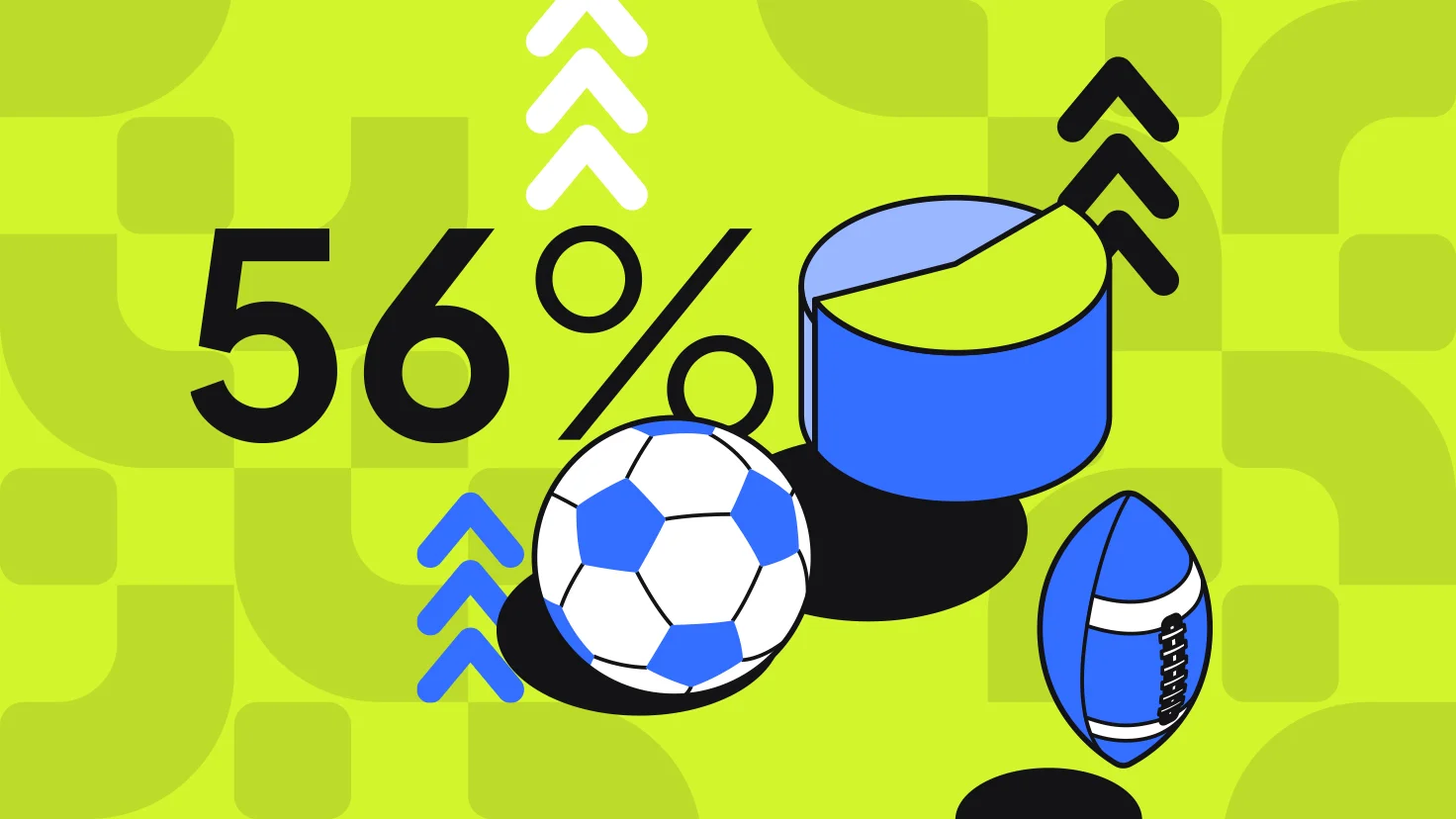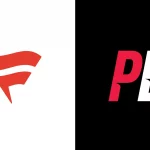About 56% of US Sports Bettors Hold Crypto According to Survey


Cryptocurrencies are still a new concept for many people around the globe, and the same is true for non-fungible tokens (NFTs). With popularity across America, about 24 percent of local households have owned one or both options. These numbers increase consistently, especially among sports betting fans, with 34 percent of fans having already purchased them.
These numbers are according to the Seton Hall Sports Poll conducted by Seton Hall University, and 37% more men than women participated in this poll.
The purchasing and selling of crypto and NFTs is even stronger among the younger population, with 42% of participants aged 18-34, 29% aged 35-54, and 7% aged 55+ saying that someone from their household has purchased or sold one or both assets.
Official Figures
Official figures from the poll show that the market is in the “early innings” of NFT and crypto ownership. However, sports fans have demonstrated a true proclivity for amusement in these markets.
According to Seton Hall’s Marketing Professor and Poll Methodologist Daniel Ladik, NFTs could become a major stream of revenue while becoming a new route of fan connection for sports platforms. For this to happen, they must be managed in an appropriate way. He further says that assets like NFTs, especially in this digital age, can provide a sense
of equity and belonging – main factors for overall success in the market.
These findings are part of the Seton Hall’s Sports Poll performed last month among 1,514 adults in the country. Figures are gathered based on different parameters, including gender, ethnicity, age, education, income, and geography, with a margin of error of +/- 3.2%.
Cryptocurrencies vs. NFTs
To better understand the results of the Seton’s Hall Sports Poll, it would be useful to know the difference between cryptocurrencies and NFTs.
Cryptocurrencies are decentralized digital payment solutions that are free from bank or central authority control. Their value is based on cryptographic proof of transfers that are verified and recorded on a blockchain database.
Many people utilize cryptocurrencies as an exchange medium – to purchase things and receive payment for a service/product. Some of them also invest in crypto following the model for stock investments and rely on their increase over time.
On the other hand, NFTs are tokens featuring ownership of specific items such as images, music, or video clips. It is possible to copy a digital image many times, but the main value remains in the original product. Non-fungible tokens are usually held on Ethereum, but they can also be found on alternative blockchains.
The main difference between the two assets is that cryptos have an economic value, while NFTs have both monetary and non-monetary value.
Crypto Breakout and NFT Benefits
Survey participants mentioned higher engagement with crypto when answering specifically if they hold cryptocurrency or NFTs. Sixty-two percent of participants reported purchasing and selling only crypto, while 31% of respondents only mentioned NFTs. Seven percent reported engagement with both options.
The value of both NFTs and fan tokens is based on their scarcity. At the same time, many sports teams provide benefits for their non-fungible token holders, and the Seton Hall Sports Poll examined the interest of their respondents in these perks. People have been asked if certain benefits contribute to their fan/purchaser appeal. Some of the possible benefits displayed in the survey are discounts at sports stores, conversion of a game ticket into an online collectible card, a ticket enhancement to a premium seat, or an opportunity to walk on the field/court just after the game.
Based on the poll results, the most popular benefit for NFT holders is the possibility to upgrade a ticket at no extra cost. About 43% of the adults responded affirmatively to this benefit (66% of avid fans and 58% of sports fans).
Regarding discounts at team stores, they have 34 percent supporters among the population (49% sports fans and 66% avid fans). At the same time, converting a game ticket to an online collectible had 28% of “yes” answers among the population (40% for sports and 54% for avid fans).
Post-game walking on the playing field or court is another benefit that has a solid 33% of enthusiasts among the population (45% sports along with 57% avid fans). The last benefit of the report is the possibility of being part of a leadership committee related to the organization that has 37% affirmative responses (46% among sports fans and 60% for avid fans).
Based on the opinion of Professor Charles Grantham, Director of the Center for Sport Management within Seton Hall’s Stillman School of Business and official sponsor of the Poll, these numbers indicate that NFTs are the fertile base for leagues to boost the fan experience. However, he believes that teams and leagues don’t fully comprehend the nature and prospects of NFTs and benefits like a digital VIP card. That’s the reason why this ground is still “to be sown” by major sports.
More Info on 2022 Seton Hall Sports Poll
This SHSP was conducted from May 5th to May 9th and involved responses from 1,514 US residents (with a margin of error of 3.2%). The sample relies on the US Census percentages and uses different parameters such as age, income, gender, education, ethnicity, and region.
The Seton Hall Sports Poll, organized regularly since 2006, is conducted by the Sharkey Institute within the Stillman School of Business. This poll was managed online by YouGov Plc. utilizing a national representative sample based on gender, ethnicity, age, education, income, and geography, following the U.S. Census Bureau figures. Respondents were chosen from YouGov’s opt-in panel to represent all U.S residents. This poll follows the Standards of Disclosure of the National Council on Public Polls.
The Seton Hall Sports Poll has been chosen for inclusion in iPoll by Cornell’s Roper Center for Public Opinion Research. Its results have been released in different newspapers, including USA Today, ESPN, The New York Times, Washington Post, AP, Reuters, CNBC, NPR, Yahoo Finance, Fox News, and more.











